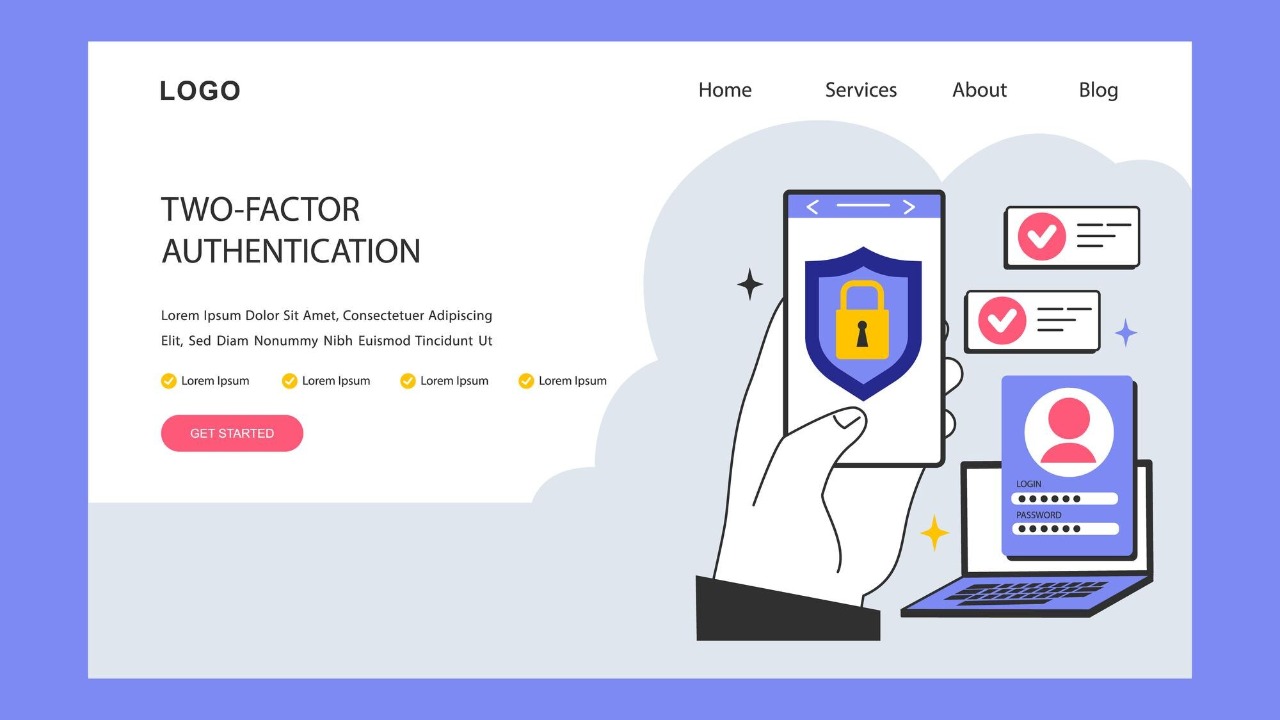In today’s digital age, safeguarding your personal information has become more crucial than ever. With cyber threats continually evolving, it’s essential to stay proactive about your privacy settings. Here are three critical adjustments you can make to protect your personal data effectively.
Strengthen Your Social Media Privacy

Social media platforms have become integral to our daily lives, providing a space to connect, share, and engage with others. However, they also pose significant privacy risks if not managed correctly. One of the first steps in strengthening your social media privacy is to review and adjust privacy settings. On platforms like Instagram and Facebook, you can limit who sees your posts and personal information. By setting your accounts to private or restricting visibility to friends only, you reduce the number of people who can access your data. Additionally, disabling location sharing is crucial. Many apps track your movements and share this information with other users or third parties, which can expose you to unnecessary risks.
Another vital action is managing third-party app permissions. Regularly check which apps have access to your social media accounts and revoke any permissions that are unnecessary or seem suspicious. Often, apps request access to more data than they need, which can compromise your privacy. Be cautious about using social media logins for third-party apps, as these often allow extensive data access. By taking these steps, you can significantly reduce the chances of your personal information being misused or exposed.
Enhance Mobile Device Security

Our smartphones are treasure troves of personal information, making them prime targets for cybercriminals. To enhance your mobile device security, one of the most effective measures is activating two-factor authentication (2FA). By enabling 2FA on your smartphone and essential apps, you add an extra layer of security, ensuring that even if your password is compromised, your account remains protected. It is advisable to use authentication apps like Google Authenticator or Authy instead of SMS-based 2FA, as these offer better security by reducing the risk of interception.
A comprehensive audit of app permissions on your mobile device is also crucial. Regularly review the permissions granted to apps and disable any that seem excessive or unrelated to the app’s primary function. Pay special attention to permissions related to your contacts, location, and camera, as these can expose sensitive information. By maintaining control over which apps can access your data, you minimize the likelihood of unauthorized access and data breaches. To further protect your privacy, ensure your device’s operating system and apps are always up to date, as updates often include important security patches.
Optimize Browser Privacy Settings

The web browser is a gateway to the internet and, consequently, a potential vulnerability if not properly managed. To optimize your browser’s privacy settings, consider utilizing privacy-focused extensions. Installing extensions like HTTPS Everywhere and Privacy Badger can significantly enhance your online security by encrypting your communications and preventing tracking. Furthermore, using ad blockers can help reduce data collection by advertisers while you browse, offering an additional layer of privacy protection.
Another important practice is regularly clearing your browser’s cookies and cache. By doing so, you minimize the amount of data stored about your online habits, which can otherwise be used to track you across the web. For added security, use private browsing or incognito mode when accessing sensitive information. This ensures that your browsing history and cookies are not stored, leaving no trace of your online activities. By implementing these measures, you can safeguard your online privacy and reduce the risk of data exposure.
Implement Robust Password Management

Strong password management is a cornerstone of personal data security. Using a password manager is an effective way to generate and store complex passwords, reducing the likelihood of using easily guessed or repeated passwords. Opt for a reputable password manager that can securely store your credentials and ensure that the password manager itself is protected with a strong, unique master password. This approach simplifies the process of maintaining unique passwords for each of your accounts, enhancing your overall security posture.
Regularly updating your passwords is another critical practice. Especially for important accounts like email, banking, and social media, it’s essential to update your passwords periodically. Follow strong password guidelines, using a mix of letters, numbers, and symbols, and avoid using easily guessed information like birthdays or pet names. By doing so, you create a robust defense against unauthorized access. To further reinforce your cybersecurity efforts, consider incorporating these cyber-secure actions into your routine.
In conclusion, taking proactive steps to enhance your privacy settings across social media platforms, mobile devices, web browsers, and password management systems is vital in today’s digital landscape. By implementing these strategies, you can effectively protect your personal information from cyber threats and maintain control over your digital footprint.